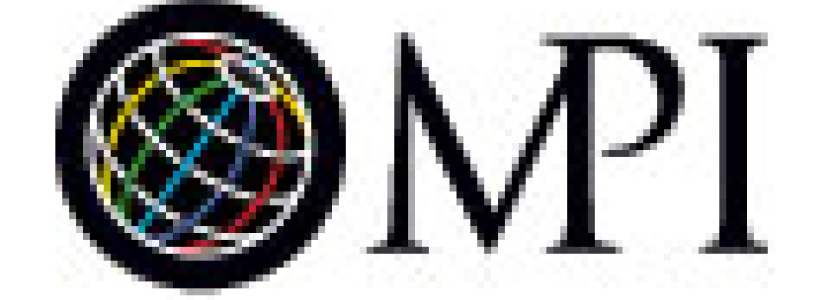
For years, we Europeans have been led to believe that Americans work harder than us. For a start, we were told, they are entitled to less annual holiday time—usually about two weeks—and secondly, in business, they rarely take their entitled vacation because they’re too busy.
Americans, we also believed, routinely started work early, finished late and lunched on burgers and cola at their desks.
And, for many years, the reaction of most Europeans has been to smile indulgently and retire for a long lunch in order to discuss plans for our annual four-week holiday.
But the times they are a-changing. Like so many things American—good and bad—the idea of 24/7/365 work is moving like a weather front across the Atlantic, and I fear for our future.
Even the French, those exponents of the long and languid business lunch, are relaxing the law which restricts them to a 35-hour work week.
Everywhere in Europe the midnight oil burns (carbon footprints be damned) as businesses try to compete with industries on remote continents and remoter pay scales.
This embracing of the “Protestant work ethic,” so prevalent in the U.S., was brought home to me by the results of a recent poll of 85, mainly European, meeting professionals. It was part of an annual debate on the pros and cons of technology at which my friend and fellow MPI member and columnist, Corbin Ball, and I square up and slug it out.
The survey was designed to discover how much executives in our industry are hogtied to new technology. The results were startling.
It appears that more than 88 percent of us regularly answer work-related e-mails and phone calls outside office hours. This may explain why 74 percent reported that the volume of e-mail traffic increases their stress levels.
So when do people chill out these days? Maybe they relax on vacation? No. Almost 60 percent would be distraught if deprived of Internet access for one week, and a further 33 percent said they would be uneasy. There goes that relaxing away-from-it-all break.
But has the Internet made us more productive at work? Apparently not. We seem to be obsessed with constant communication. More than 88 percent of us check our e-mails at least every hour. Half of us read them the moment they arrive.
Yet we all know that interruption and distraction reduces productivity dramatically.
On top of this, 36 percent reported that they spent more than an hour a week checking and deleting spam. Another waste of precious time.
Meanwhile the American malaise that I term “The Theory of Indispensability” has infected many Europeans. Almost 40 percent of those surveyed told us that they rarely or never took their full holiday entitlements.
I’m guessing this is either because they are fearful they will not be missed or they believe that their organisations cannot function without them—such conceit!
There’s a bunch of trouble awaiting companies and bosses that do not insist that staffs take every day of their annual leaves. And not just because it’s good for their health.
The absence of a boss (preferably incommunicado) is the only time that subordinates get the chance to take on extra responsibility, stretch their professional wings and grow in the job. Today, technology is depriving everyone of this opportunity.
Until, of course, executive stress reaches a boiling point and suddenly the boss is no longer available to anyone—except the undertaker.
Work addiction is one U.S. export we should resist in Europe.
TONY CAREY, CMP, CMM, is a freelance speaker and consultant. He can be reached at tonycarey@psilink.co.je or www.tonycarey.info.




